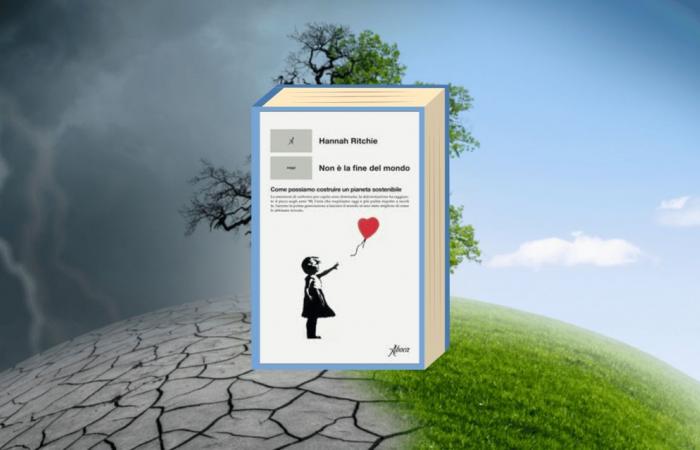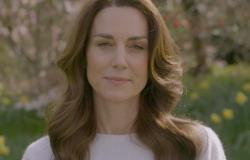New Scientist called Hannah Ritchie “the woman who gave the world its Covid-19 data.” his book, It’s not the end of the worldAboca, is a goldmine of data that provides guidance and hope for the future. Described by the Financial Times as “an antidote to the hyper-pessimism that pervades climate discourse.” Con It’s not the end of the worldRitchie clarifies that “don’t be a denier at all”but it helps to broaden our gaze and reconsider almost everything we have been told about the environment and the climate crisis.
A pragmatic and comforting book for those who struggle to believe in a better future.
It’s Not the End of the World, a Myth-Blasting
A challenge to the commonly accepted idea that early humans lived sustainably as opposed to the contemporary lifestyle, considered intolerable due to its impact on the ecosystem. It’s not the end of the world overturns some false myths on which we have built our environmentalist conscience. We start from the exaltation of zero-mile food and life in the countryside, to end with the demonization of overpopulation, plastic straws and palm oil.
It’s not the end of the worldaccording to Ritchie, provides the tools to understand what we urgently need to focus on in order to deliver a sustainable planet to future generations. These problems are huge. But they are solvable. We are not doomed. We can build a better future for all. Let’s turn this opportunity into reality.
The uncertainty of the future
Most young people today feel a strong uncertainty about the future. It is a feeling that can be devastating and can affect anyone. Hannah Ritchie felt this way, threatened and afraid, anguished by the idea that this planet had no future. To survive, she put all her skills as an academic researcher to use and began to collect and process data to support a new thesis. Young people have a real opportunity to become the first generation in human history to actually achieve sustainability.leaving the world in a better state than they found it.
”Per capita carbon emissions have fallen, deforestation peaked in the 1990s, the air we breathe today is cleaner than it was centuries ago. We will be the first generation to leave the world in a better state than we found it.“.
Hannah Ritchie
Hannah Ritchiea researcher at the University of Oxford’s Global Development Programme, is deputy director and head of research at the Our World in Data project, which brings together the latest data on the world’s biggest problems and makes it accessible to the public. Her analysis appears regularly in the New York Times, the Economist, the Financial Times, New Scientist, Wired, Vox and the BBC.
They have been used in bestsellers such as Enlightenment Now in Steven Pinker, Factfulness di Hans Rosling e Climate. How to avoid a disaster by Bill Gates. He is an honorary fellow of the University of Edinburgh. It’s not the end of the world is her first book. It debuted at #6 on the “Sunday Times” list and is currently being translated into 18 countries.
You may also be interested in reading
The Second Wave, the book about the second half of Arthur Brooks’ life
Viriditas, the women of botany. The essay by Aina Erice
The Devil’s Element, Dan Egan’s Investigative Book on Phosphorus






